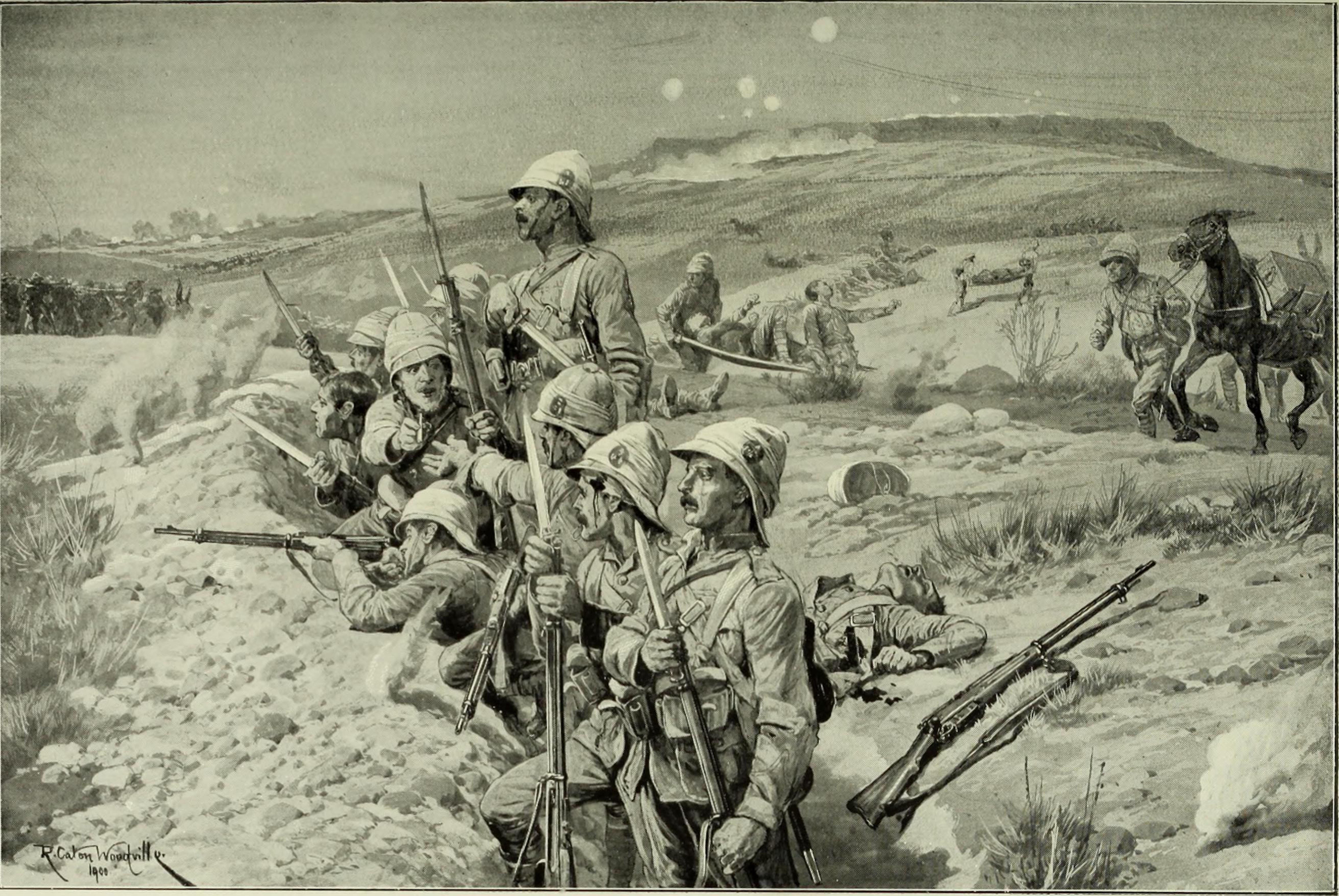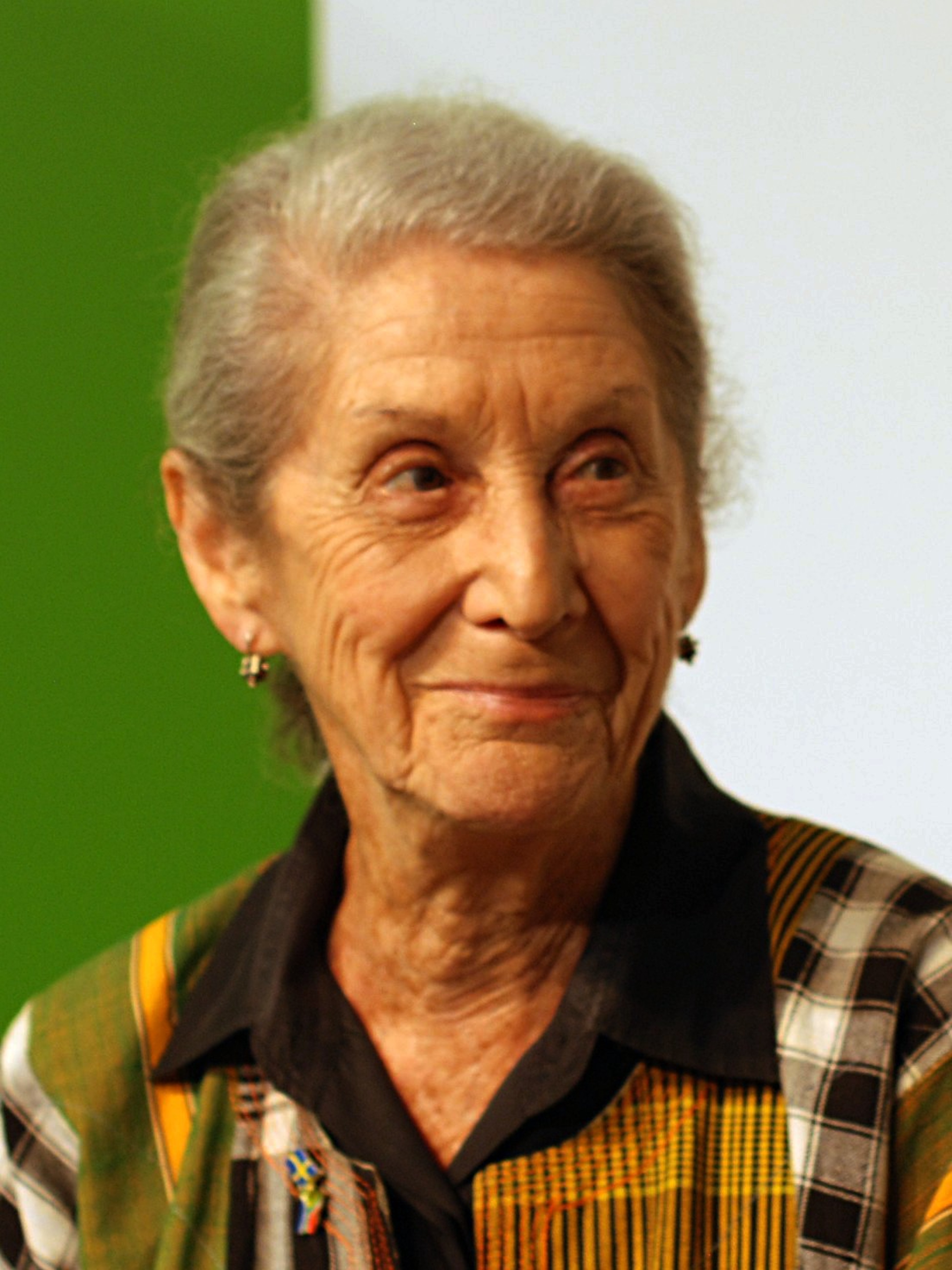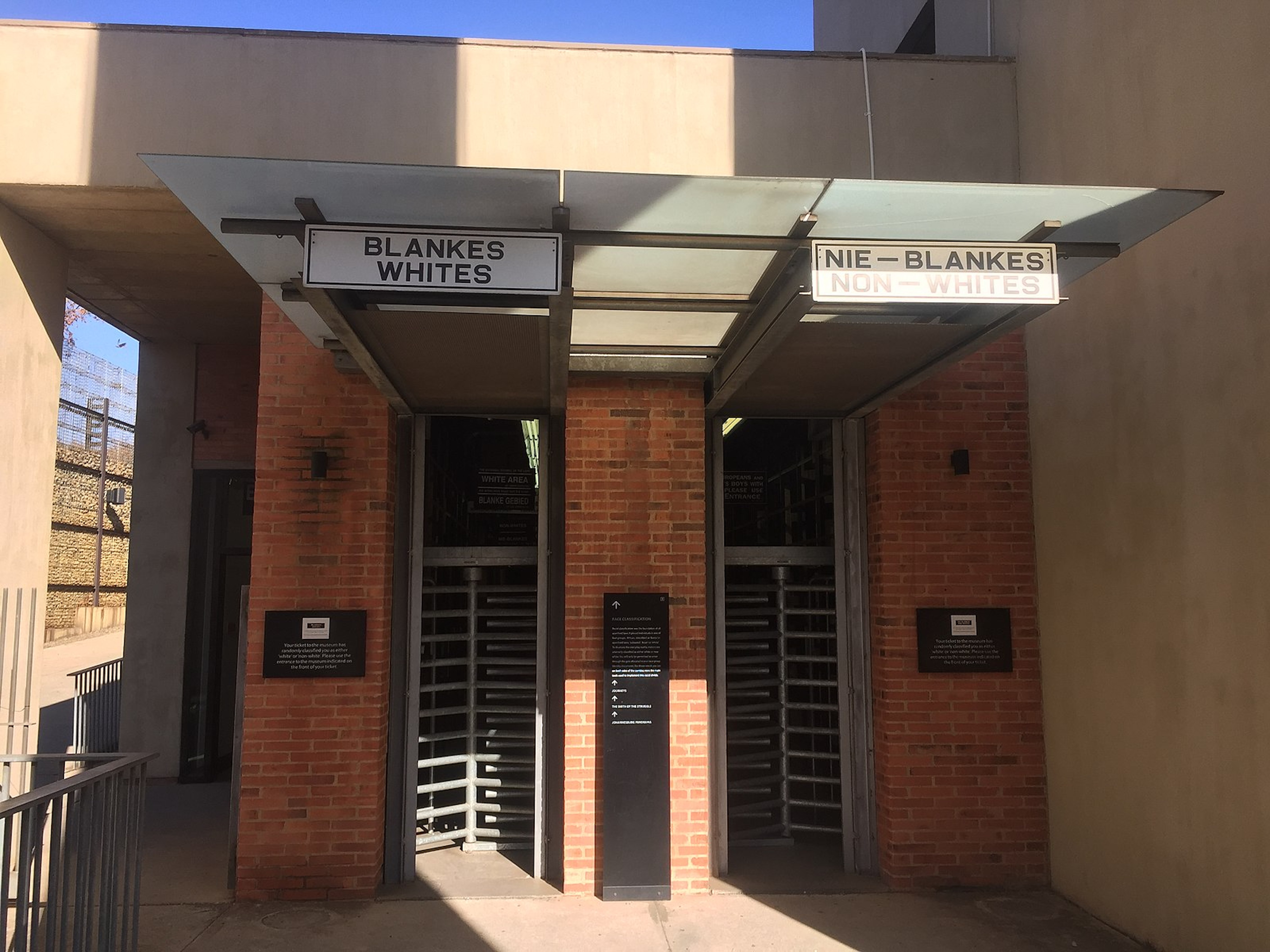A double colonisation
To understand what apartheid was and how it functioned, and to understand its ramifications for literature, we have to remember that South Africa is unusual in having had a double colonisation. The Dutch were the first to arrive in the mid-17th century. The British arrived in the early part of the 19th century, and the Dutch effectively felt themselves to be more or less recolonised by the British.
This is a fairly unusual situation in the history of colonialism and it’s had enormous ramifications for what then happened in the 20th century. As South Africa, along with the other settler colonies, got its first self-rule and then, later, independence from Britain, so the competition for political power really heated up between the descendants of the Dutch, the Afrikaners, and the descendants of the British. Unfortunately, both parties excluded and deliberately oppressed and eliminated any form of political competition from Black South Africans.
Life under apartheid
Apartheid was a formalisation of a set of colonial policies introduced by the British. It takes hold from 1948 onwards in the form of a series of laws, which regulated absolutely everything on racial grounds. They regulated everything, from the biggest ideas about where you could live and who could vote right through to the very smallest ideas, like who you could kiss, what toilet you could use, where you sat on the bus.
The object, of course, was to exclude and keep Black South Africans from asserting their political control, for the most important reason that, in South Africa, white settlers never outnumbered indigenous African people. That’s the key difference from other settler colonies, and it meant that the movement from colonial control to democracy was always going to be much more convoluted and complex in South Africa than it was in the other settler colonies.
Why did the British colonise South Africa?
The reason Britain intervened, in the early part of the 19th century, to take political control over the Cape was primarily because of Napoleon and the strategic need to control the sea route around the Cape, which was the primary way in which goods were transported from Asia to Europe. Once they took control of the Cape in 1806–1807, they then started to use the country as a dumping ground for unwanted Europeans.
And so, you found organised migration from Britain into South Africa from the 1820s, where people would be offered a berth on a ship and a piece of land if they went and settled the country. The Dutch and the Afrikaners – ‘Afrikaner’ in Dutch simply means ‘African’ – were white descendants of the Dutch, the French Hugonots, and a not insignificant element of German migration into South Africa. Their response was to move away from the British wherever the British went. In fact, there was a huge migration of Afrikaners from the coastal areas into the interior of the country in the mid-19th century, which was called the Great Trek.
Writing as a form of resistance
Writers, especially anglophone writers in South Africa, under apartheid felt themselves to be under an injunction to resist or to oppose apartheid. They felt that the texts and the novels, poems, plays and films that they produced should really say something about the injustices of apartheid and about the oppressiveness of life under this highly racialised form of social engineering.
In many different ways, the apartheid era saw a flourishing of a political mode of writing, a highly charged and conscientising set of engagements with current and contemporary political issues which were, in many ways, designed to make readers aware of the injustice of apartheid and, hopefully, even to encourage them to do something about it, especially the case of liberal South African readers and indeed readers overseas in Europe, North America and elsewhere.
South African Nobel prize winners
The two South African writers who have won the Nobel Prize are Nadine Gordimer and J.M. Coetzee. Gordimer was slightly older than Coetzee, but they came out of a fairly similar time and a fairly similar place. They were both English-speaking, although Coetzee’s father was an Afrikaner.
Gordimer was Jewish. She grew up in a mining town just outside Johannesburg, in a context where the oppressive qualities of apartheid were everywhere. As she started to write, she found that her writing took on a form which was highly engaged with the time and place where she found herself. Coetzee, about a generation later, grows up in a different part of the country, but he, too, is interested in finding ways to explore the realities of apartheid and colonialism. He is more interested in modernist engagement with history, whereas Gordimer is typically associated with a more realistic approach to history. But it’s a kind of expanded realism where she takes a protagonist and explores their consciousness, climbs inside that character and understands history as it’s lived and felt.
Coetzee, however, has a more conceptual, perhaps even playful, experimental engagement with history. He is, in typical post-modernist fashion, very interested in showing how creative writing, especially the novel, can call into question. History can, in fact, ask why it is that we take certain versions of storytelling as truth and other versions as fiction.
Literature and the end of apartheid
Literature definitely played some part in the end of apartheid. The question of how much is an open one, but it’s a good point to say that the ways in which, especially in the novel, writers like Nadine Gordimer and J.M. Coetzee – and others before them, like Alan Paton – created and represented South African realities so that the world had to really take notice of what was happening.
From the 1940s and 1950s, the rest of the world was trying, with relative degrees of success, to move away from race-based ways of organising societies. Racism was becoming increasingly unacceptable in most of the world at the exact time in which South Africa was making race the absolute cornerstone of the way in which the whole country was set up.
Readers were very interested to experience the realities of life in South Africa through these works. I think they could be said to have contributed in some way to the conscientising of people, which in turn led them to organise strikes, boycotts, political actions which then put pressure on the South African governments and forced them to negotiate with Nelson Mandela and the ANC in exile, as it was then.
South African writing post-apartheid
After the end of apartheid, one feels a great sense of relief on the part of South African writers. It’s often said that South African writers were then finally free to write what they wanted to write. They were finally free from the injunction to be political and from the requirement to be serious.
And you do find a flourishing of genre fiction, particularly crime fiction, popular romance and elements of fantasy. But what’s really interesting about the specific forms these genre fictions take is that when you look at them closely, you find the legacies of a kind of political writing in them. Even in the most lightweight, flimsy, commercial popular fiction, you still find very serious themes and you still find them being negotiated in ways which recognise their seriousness.
Black South African writing post-apartheid
Under apartheid, Black South African writing was expected to be serious. It was expected to make a substantial contribution to the struggle against apartheid. After apartheid’s formal end – formal end doesn’t necessarily mean all the aspects of apartheid simply disappeared – one does find a proliferation of different themes in Black South African writing; one finds greater experimentation with form, with style and with character than in the 1960s, 1970s and 1980s.
A good example is the South African novelist Zakes Mda, who has written many novels since the end of apartheid. He says he was unable to write novels under apartheid – he used to write drama. He feels the end of apartheid allows him to spend the time and effort that a novel requires, and he explores a great range of aspects of life in South Africa after the end of apartheid in an incredible number of ways. He also draws on the history of the country and puts it in dialogue with contemporary realities in such a way as to make available different ways of thinking about the contemporary realities of South Africa. These are just some of the ways in which Black South African writers have engaged with the task, with their duty as writers, after the end of apartheid.
A particular attention to history
I think what’s particular about South African literature, by contrast with literature of other times and other places in the world, is this attention to history. The history of the country is written large across every single street corner, across every single building. Every single interaction that happens in South Africa is conditioned by its history, and the history is an unfortunate one. It’s a history of violence and segregation.
Since the end of apartheid, many people have been working very hard to overcome the legacies of apartheid, to overcome the violence, trauma and pain. There are some examples of this in contemporary fiction and contemporary drama, especially that which interacts with themes that were explored in the Truth and Reconciliation Commission. I think it’s that specificity and that attention to historicity that gives South African literature a particularly charged, intriguing, valuable element that you can read. If you spend a few weeks reading South African literature, you’ll have a full sense of, not just the history of the country, but the fraught sociological and societal relations between people.


